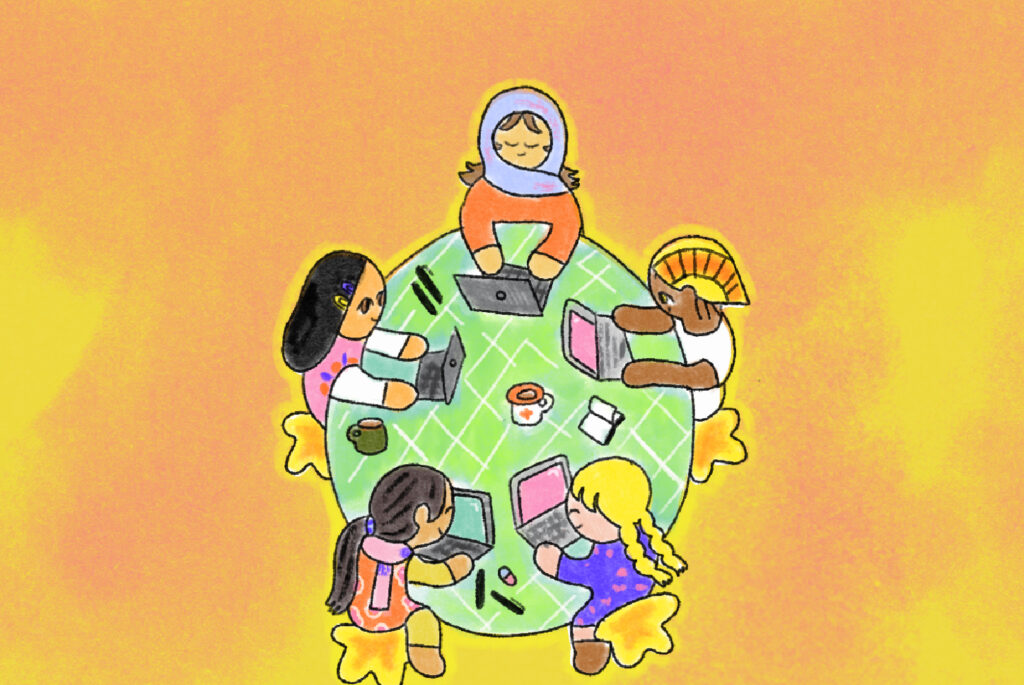Every connection has the power to change a life. In a world shaped by climate crisis and inequality, linking girls to the digital world is the new frontier of justice and resilience.
When I was six years old, my grandparents asked what I wanted to be when I grew up. My answer was simple: everything. An astronaut, an architect, an artist, a librarian. I refused to choose, because being a girl was never supposed to define the limits of what I could do.
But for millions of girls today, those dreams are washed away by the rising tides of inequality and the impacts of climate change.
Around the world, climate shocks are forcing families to flee, destroying schools and pushing girls out of classrooms. In 2024 alone, 242 million children had their education disrupted by extreme weather events. When floods strike or droughts devastate crops, it is often girls who drop out first, kept at home to collect water, care for siblings or help their families.
Right now, 122 million girls remain out of school, and in low- and middle-income countries, girls are 25% less likely than boys to access the internet. In total, 2.7 billion people are offline, the majority of them women and girls. Without digital access, a girl cannot continue her education remotely, learn about climate adaptation, or gain the skills she’ll need in the economies of tomorrow.
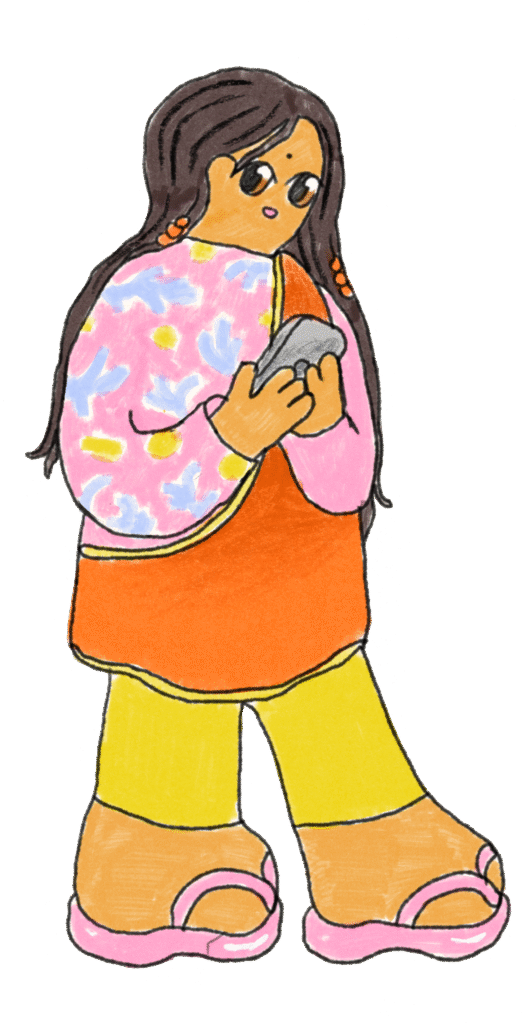
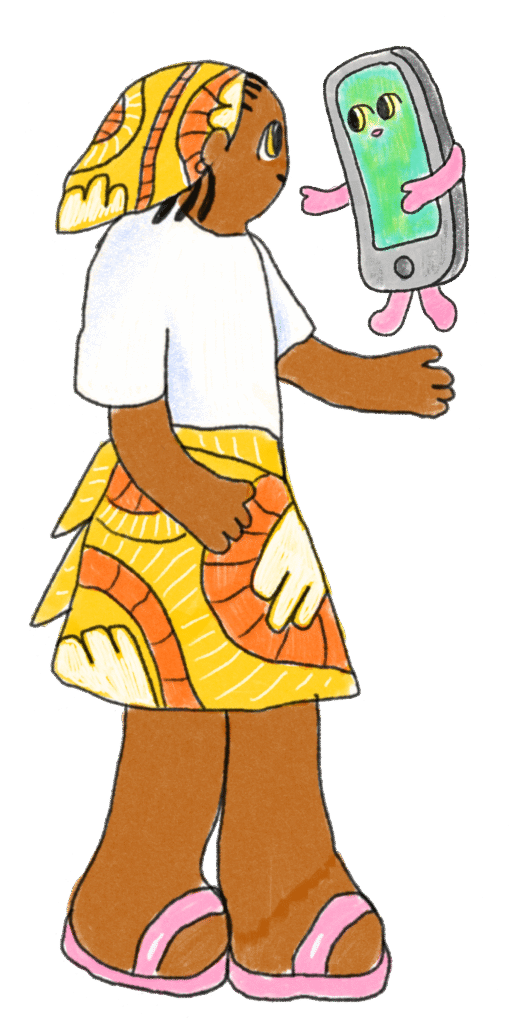
In 2025, connectivity is no longer a luxury, it’s a lifeline, a new frontline of climate resilience and gender equality.
Darlene is a 17-year-old Congolese student living in the Kakuma refugee camp in Kenya. When UNICEF and ITU’s Giga initiative connected her school to the internet, she taught herself to code and built a website that her teachers and fellow students now use to manage classes and schedules. That single connection changed the trajectory of her life.
“The website is about managing time in school, during assembly. It enhances learning and administration activities in schools.” After finishing her studies, Darlene wants to become a software engineer, she adds “I trust myself, I believe in myself, I can do it.”
Sala, another student, celebrates Darlene’s coding skills – the two worked together to create the website. She adds, “My aim is to teach people and help people looking for the solutions to the problems we have in our community and in our area.” Darlene’s story is a powerful reminder of what’s possible when girls are connected. But for too many others conflict and interlinked issues of poverty and climate breakdown are pulling the plug on opportunities.
In 2023, Tajra Hasović, a student at Solana-Miladije Elementary School in Tuzla, Bosnia and Herzegovina (BiH), spoke to her parliament about what a lack of internet access meant for her generation.
“I am one of the 14,000 children in BiH who do not have access to the Internet in schools. When we have the internet in schools, we can research and quickly find answers to all questions. It makes learning more exciting; it allows us to be creative. So please can we have the internet in our schools? It will help us learn better, stay connected, be creative and explore the world.”
“[The internet] makes learning more exciting; it allows us to be creative.”
Her words echo the experiences of children in regions where schools remain offline. Through UNICEF and ITU’s GIGA initiative, schools like Tajra’s are now being connected, giving students the tools to learn, create and participate in the digital world.
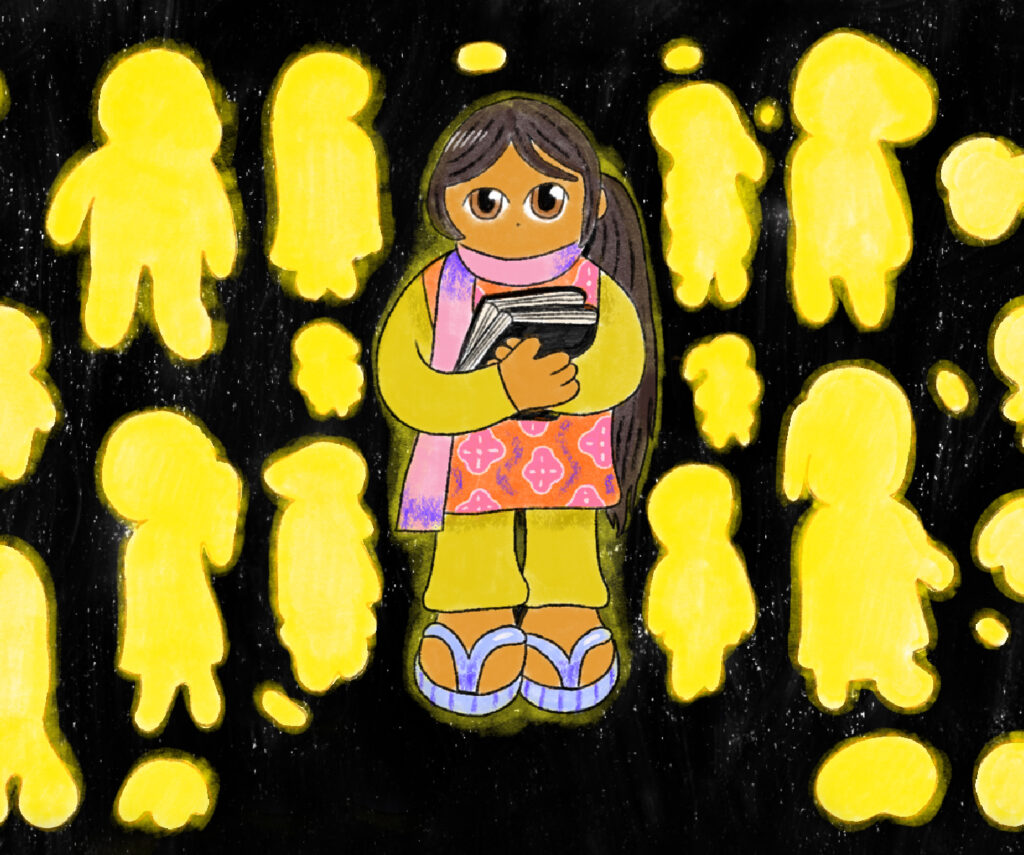
With four in five people displaced by climate impacts being women and girls (UN), the climate crisis is compounding inequality in ways we can no longer ignore. When a flood washes away a school, or a drought forces migration, it’s not just the loss of infrastructure, it’s the loss of potential. The climate crisis is not gender neutral – it is deepening existing inequalities, and girls are paying the highest price.
At Evoca Foundation, our work sits at the intersection of these realities: gender, education and climate. We believe that digital inclusion is climate resilience. When girls have access to the internet, they can continue learning even when schools are destroyed. The internet enables access to early-warning systems for floods, as well as practical training in sustainable agriculture, and gives students access to essential digital skills that will secure tomorrow’s climate-resilient economies.
Connectivity is more than a cable or a device, it is a bridge to safety, stability, and self-determination. And when you connect a girl, you connect a community.
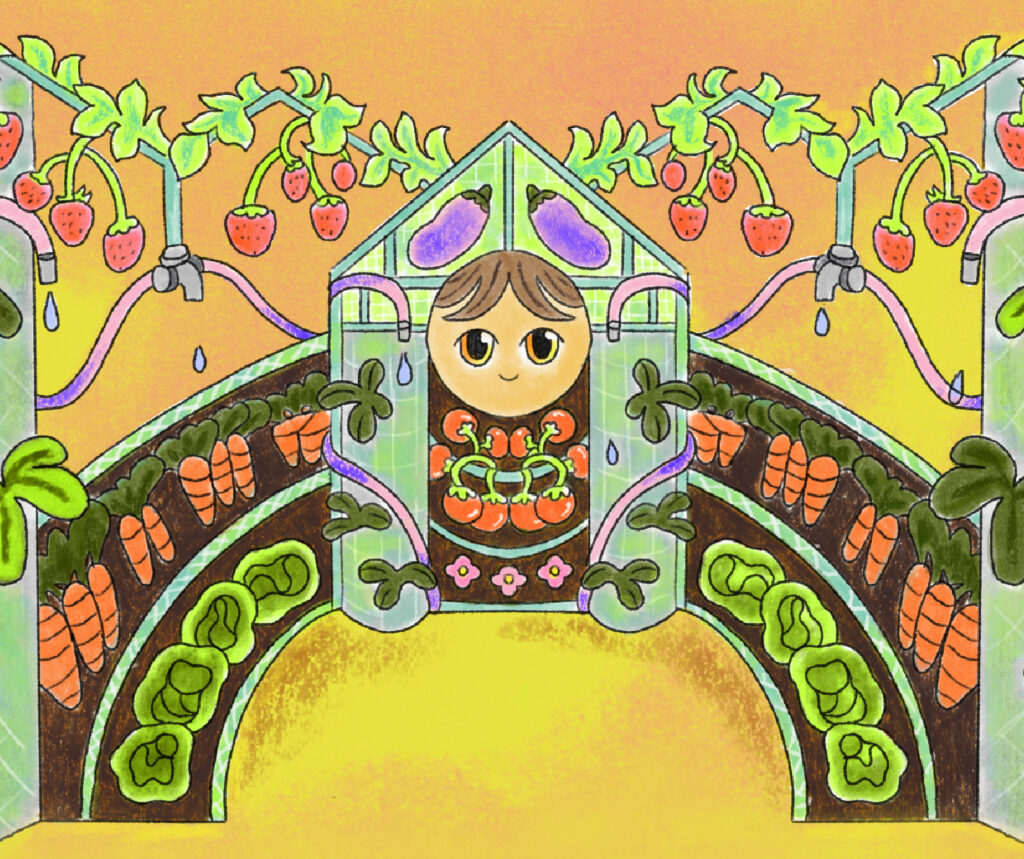
As an immigrant woman, I have seen how access, to education, to networks, to opportunity, can transform the trajectory of one’s life. It shapes how you see yourself and what you believe is possible.
Still, in too many homes, it remains commonplace for a daughter’s education to be sacrificed for a son’s, for girls to be forced into marriage young, and beholden with unpaid care work that keeps them offline and out of school. The compounding of climate shocks and conflict, the result is devastating: a generation of girls cut off from opportunity, creativity, and hope.
The cost of this exclusion is not borne by girls alone, rather by entire societies. As Ghanaian scholar Dr. James Emman Kwegyir Aggrey shared through an African proverb, “If you educate a man, you educate an individual. But if you educate a woman, you educate a nation.”
To disconnect girls, then, is to disconnect nations from their own potential. That is why our partnership with Giga, a bold initiative by UNICEF and the International Telecommunication Union, is so important. Their mission is simple yet transformative: to connect every school in the world to the internet. It’s a vision that treats access to information as a basic human right, as fundamental as access to clean water.
The data supports this urgency. Studies show that when women and girls gain equal access to education and technology, entire communities thrive—economically, socially, and environmentally. Connected girls drive innovation, create businesses, and lead community resilience efforts. They are the missing link in our collective response to both inequality and climate breakdown.
“If you educate a man, you educate an individual. But if you educate a woman, you educate a nation.”
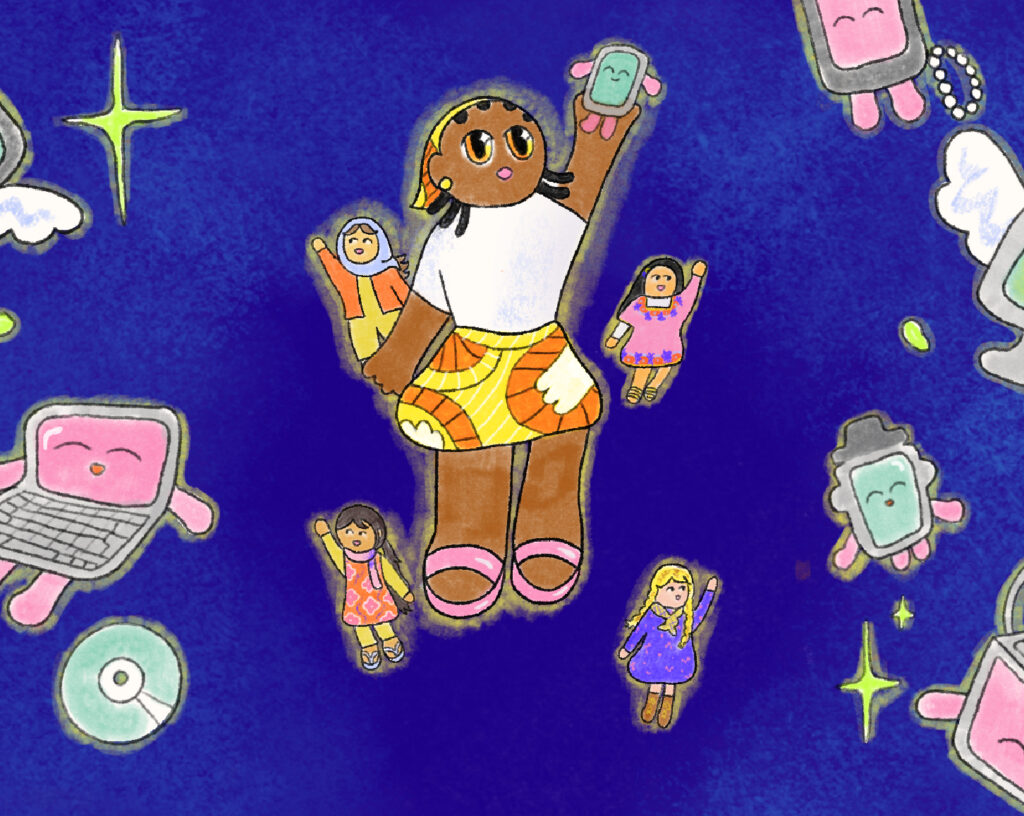
The solutions already exist. Strategic investment in digital infrastructure, affordable data, safe online access and female-focused education initiatives can transform millions of lives.
But we must act with speed and intention, because the digital divide is not closing fast enough.
This International Day of the Girl, we cannot settle for symbolic celebration. We must connect the dots between gender equality, climate action and digital access. Because, in a world where crises are increasingly interconnected, our solutions must be too.
Naza Alakija is the Founder and CEO, Evoca Foundation, a philanthropic organisation that focuses on advancing education, gender equality, and climate resilience through digital inclusion.
